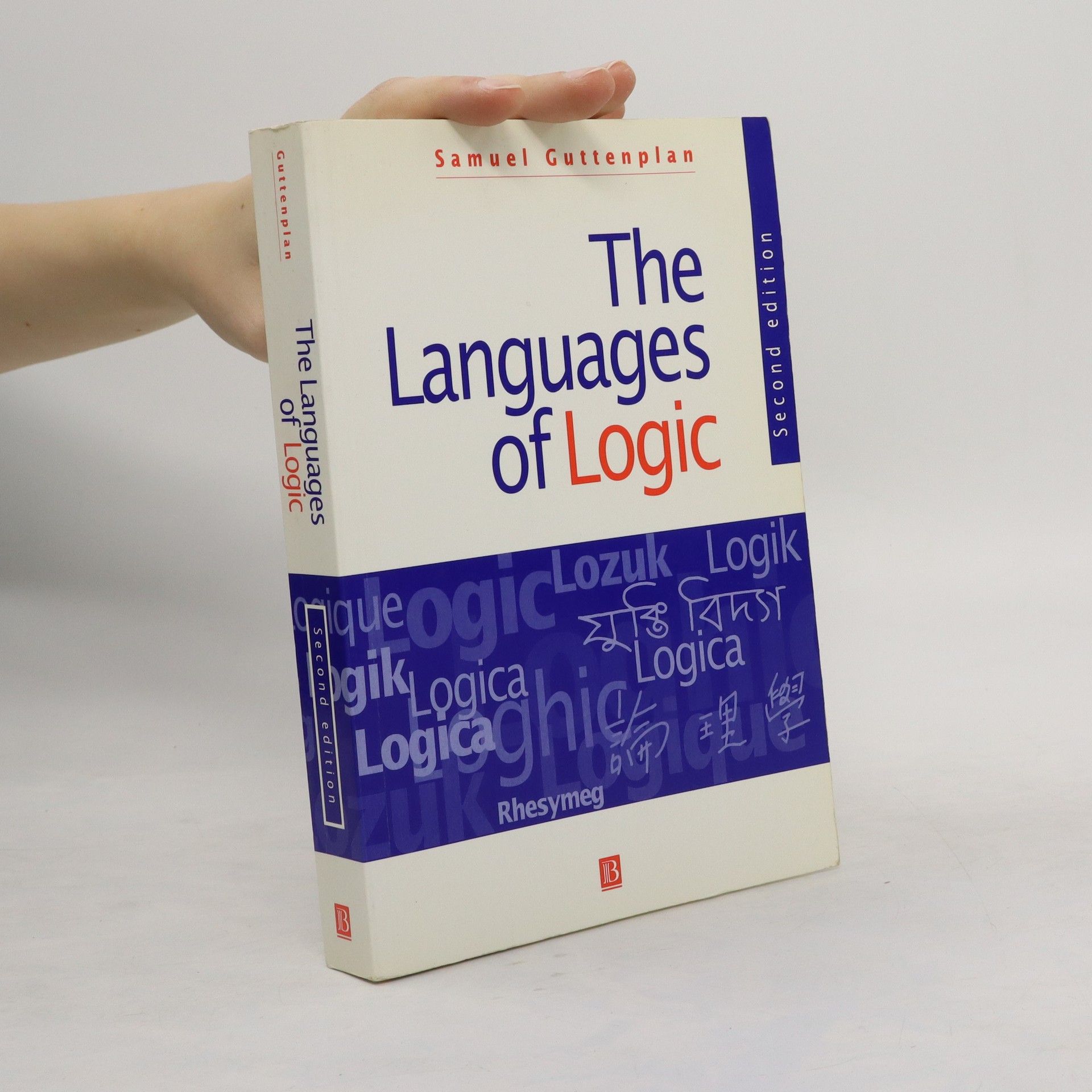Focusing on the connection between natural language and formal logic, this innovative introductory textbook encourages students to develop essential skills and techniques in logic. It aims to deepen understanding through engaging content while maintaining the intellectual objectives set by its first edition.
Samuel Guttenplan Livres



Reading Philosophy
- 384pages
- 14 heures de lecture
"Philosophy is intriguing even to those who know little of it. But the sort of philosophy studied at universities is difficult to enter into on one's own. Reading Philosophy was designed to overcome this difficulty. It is a book for those who want genuinely to engage with the subject, either on their own or in the context of taught introductory courses"-- Provided by publisher
Błyskotliwe wprowadzenia w prace kluczowych filozofów i najważniejsze idee filozofii. Autorami poszczególnych tomów serii, wydanej w oryginale przez Oxford University Press, są wybitni specjaliści prezentowanych obszarów. Arthur Schopenhauer – główny przedstawiciel pesymizmu filozoficznego; autor koncepcji, w której główną zasada metafizyczną jest wola. Przeciwnik Hegla. Tworząc swoją teorię, inspirował się buddyzmem. Wprowadził pojęcie nieświadomości, zapowiadając myśl Freuda. Wywarł ogromny wpływ na kulturę i sztukę XIX i XX wieku, inspirując między innymi Nietzschego, Wagnera, Tołstoja i Becketta.